Pros and Cons of a floating dock
Is a floating dock better than a fixed dock?
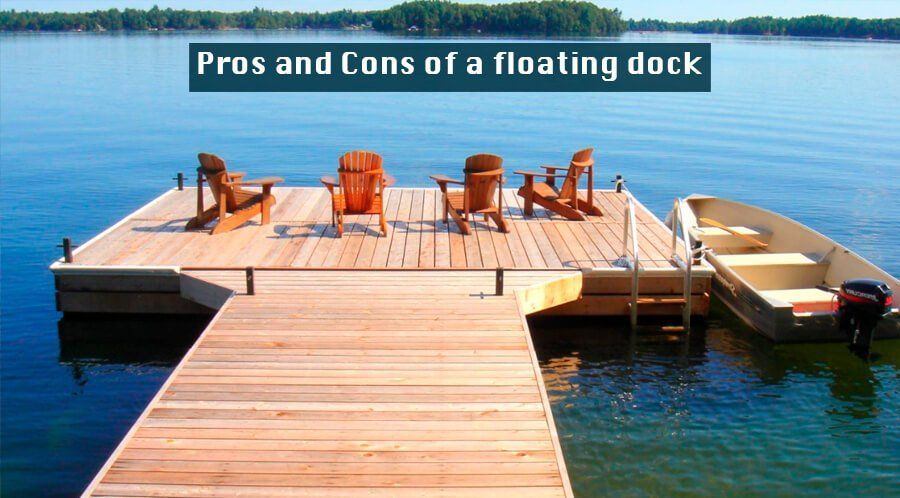
As you are reading this article, you most likely are a boat owner looking for a boat deck.
And you are reading it because you aren’t sure what kind of dock is best for you and your needs.
You are not sure if you should go with a floating dock or a fixed dock.
It’s not something to decide spontaneously.
Various factors influence your decision, like why you need your dock, budget, and the water conditions. Knowing the features, pros, and cons of both docks can help you.
So keep reading for answers and to decide on the best dock for your boat.
What are floating docks?
As the name implies, floating docks float on the water instead of resting on wooden pilings. They are best in waterfronts with fluctuating water levels as they ebb the water flow and provide easy boat entry and exit.
They, however, are not recommended in places with lots of dock traffic for the very same reason.
But floating docks do give you the freedom to design your dock as you desire. You can also change its configuration if you don’t like the design. All you have to do is take out and reposition the different sections.
Besides, you can also dismantle and move the docks to safety before storms or the winter season. It prolongs the dock’s life and minimizes maintenance costs.
Pros

- Floating docks are more affordable to install and maintain.
- Suitable for use in both shallow and deep water
- User-friendly as they are easily adjusted and added
- Swimmers can easily access their platforms
- You can assemble it as a DIY project
Cons

- Not recommended if you don’t like swaying with the water
- Not as long-lasting as fixed docks
- Produces noise while floating with the water
- May get damaged in low tide
What are fixed docks?
Fixed docks are built on top of pilings secured to the bottom of your water body. They are ideal for use in places with high traffic as they are minimally affected by waterfront activities and movement.
Stationary docks are also a better choice in places with a consistent water level. Some also permit easy height adjustments based on water levels.
Stable docks are perfect for hosting gatherings with family and friends. They are also a better docking option for shallow waters as there’s no risk of punctured floats in low water levels.
However, you need to be aware of local ordinances while installing fixed docks. You may require a permit to place piers in the below sediment, and this takes time.
Besides, you will have to spend more securing the dock to the sea or lake floor. Setting up the dock isn’t a DIY project you can do by yourself. You need to have the dock installed by a professional.
Nothing is permanent, including fixed docks, which will need repairs. You know your dock needs repairs if it’s not quite level or if some sections aren’t as stable as required.
Continuous exposure to snow and ice elements can wear it down and lead to sinkholes or shifting earth. You may end up having to replace the pilings.
While these dock repairs are expensive, they are unavoidable. Ignoring them can lead to an unstable and unsafe dock that starts slipping underwater.
Pros
- Perfect choice if you need a dock to support a boat lift
- Provides sturdy footing while getting in and out of the boat
- Sturdy construction and stability offering easier exit and entry for boats
- It provides more protection than floating docks
- Longer lasting option
Cons
- Difficult and expensive to repair, especially if in deep waters
- Difficult to avoid warping and breaking problems
- It may get challenging to enter the water or waterfront safely during dramatic water tide shifts
- Costly to build in deep waterfronts requiring longer pilings
Conclusion

You can now make the final decision as you know everything you should know about floating and fixed docks. A stationary dock is better in shallow areas with lots of traffic and if you can’t tolerate swaying waters.
However, go for a floating dock if you want to save money, board your boat in deep waters or stormy weather.
Or you can alternatively do a combination of the two dock types.
Whichever you select, make sure you maintain your dock well so that it serves you long and well.
The post Pros and Cons of a floating dock appeared first on Thaler Contracting Inc..
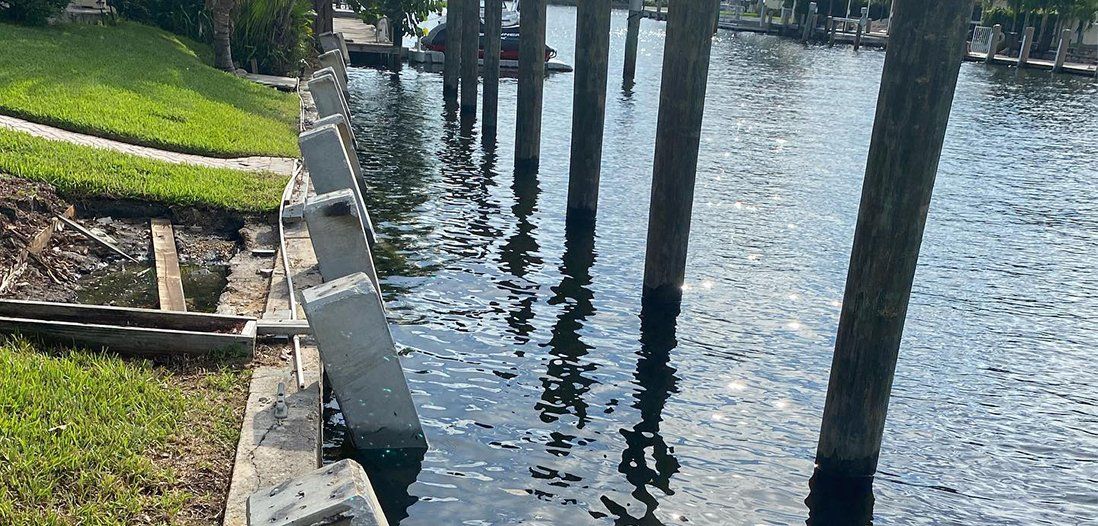
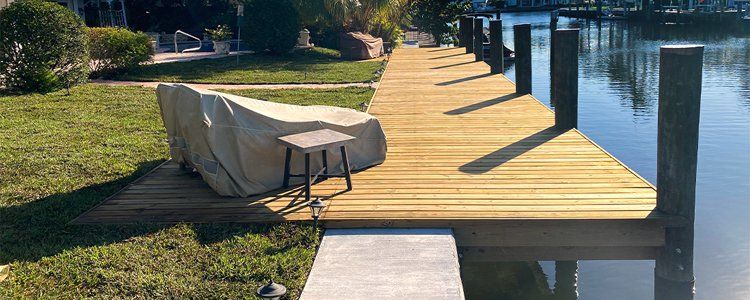
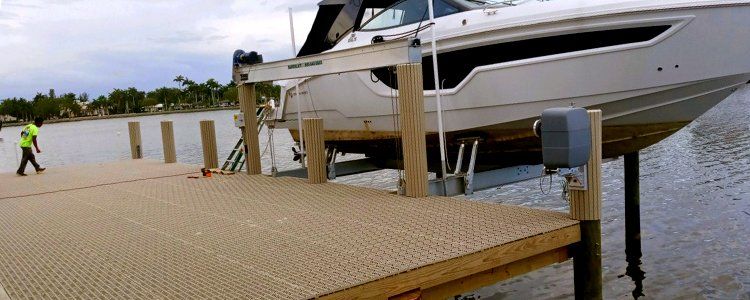

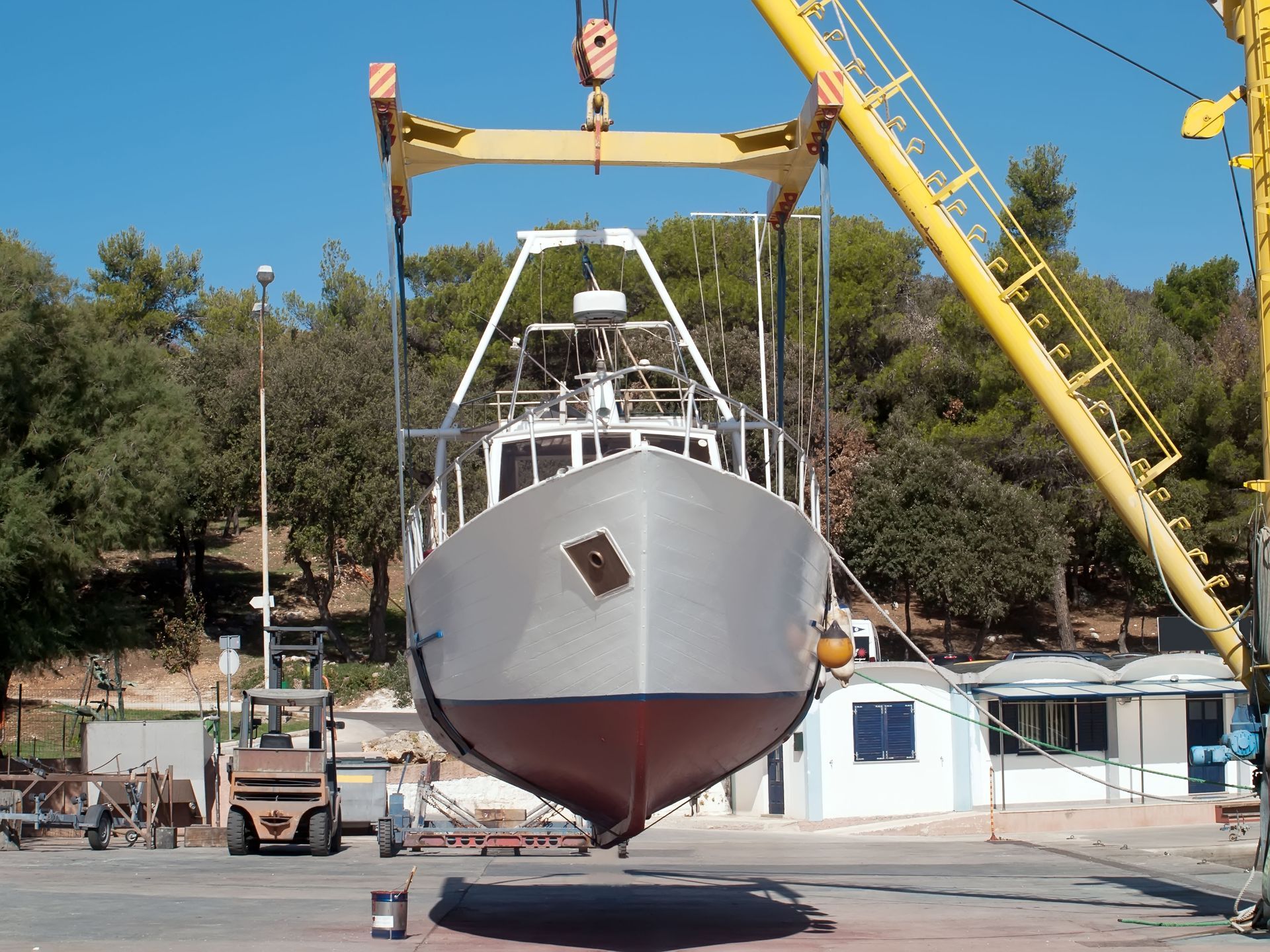
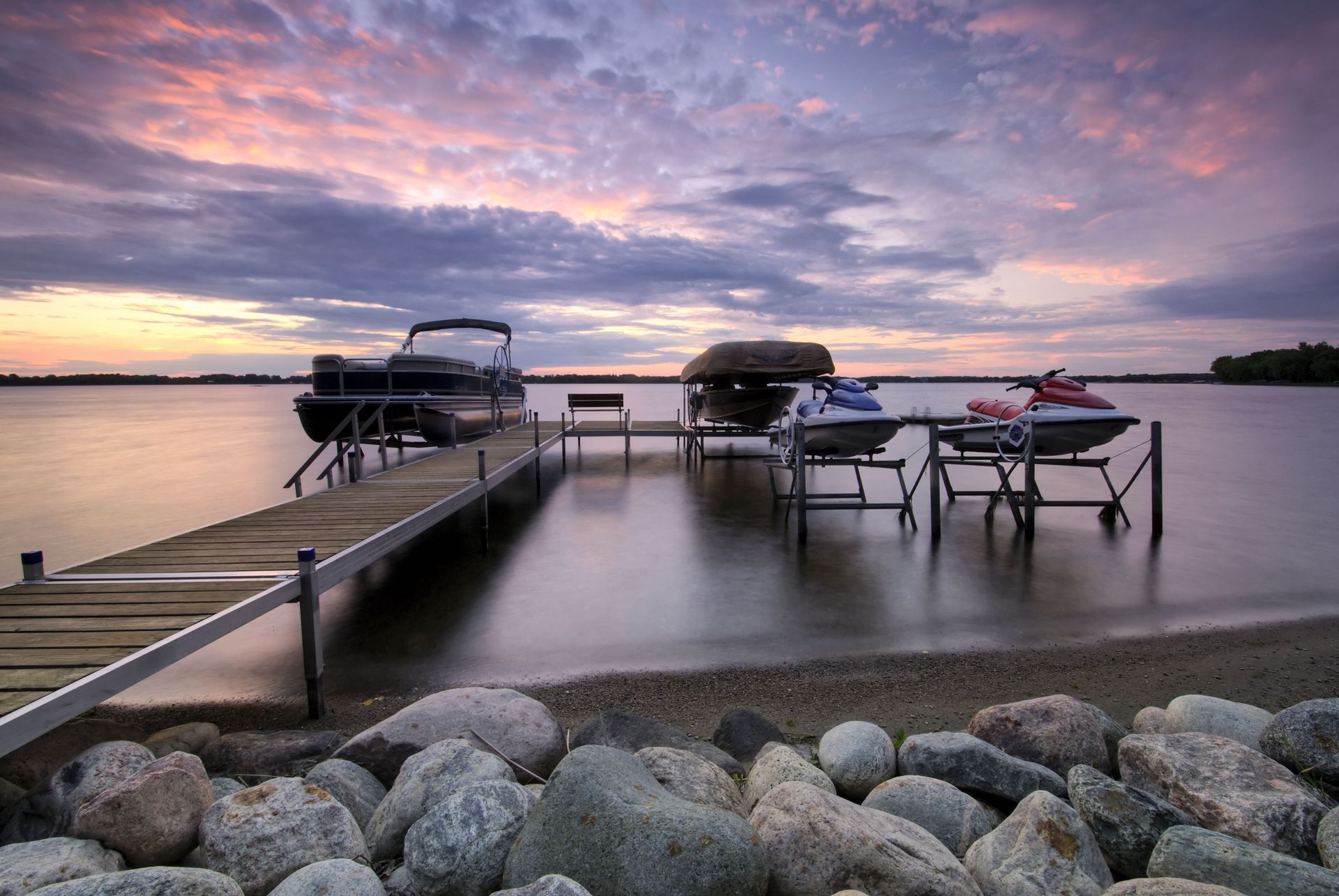
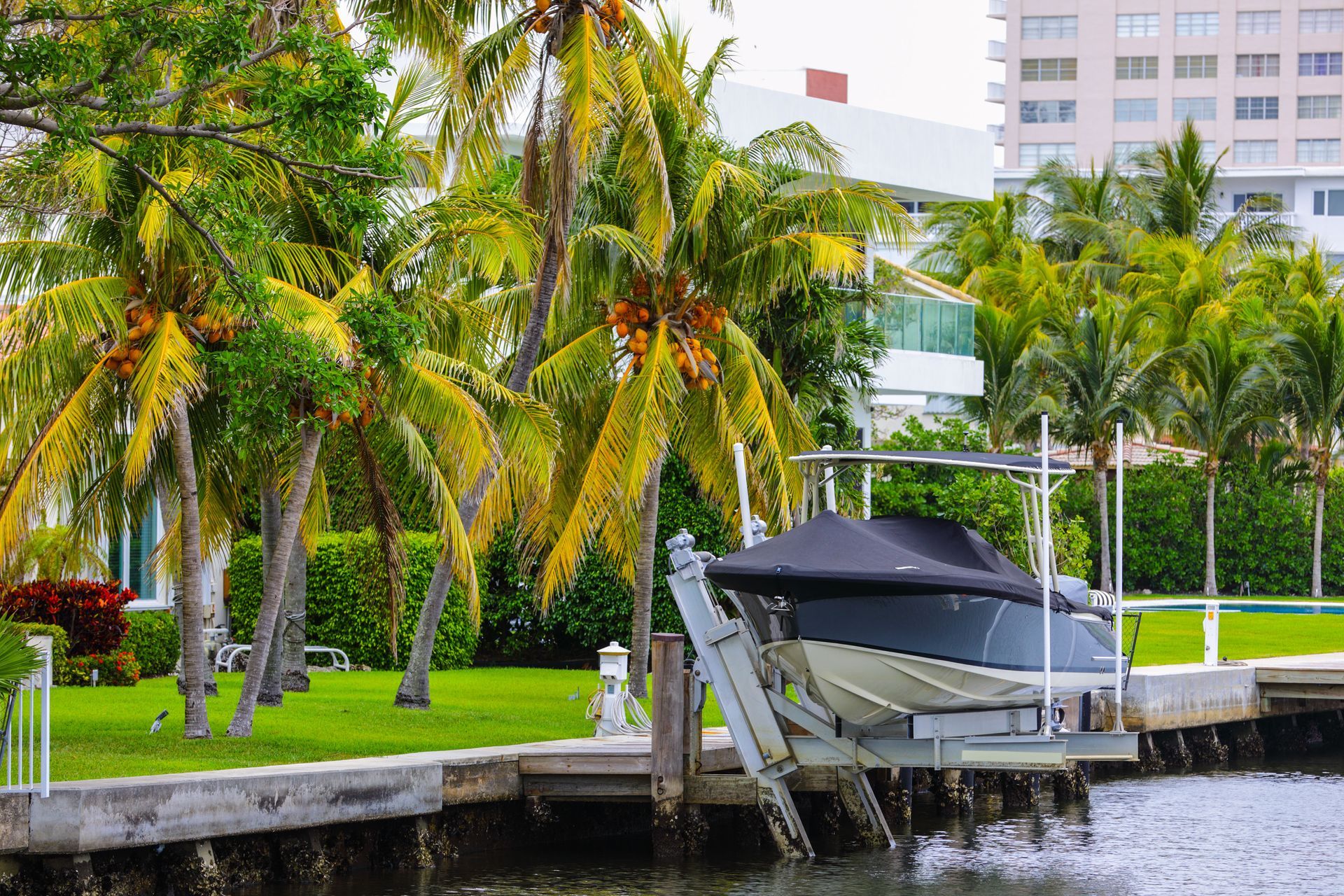
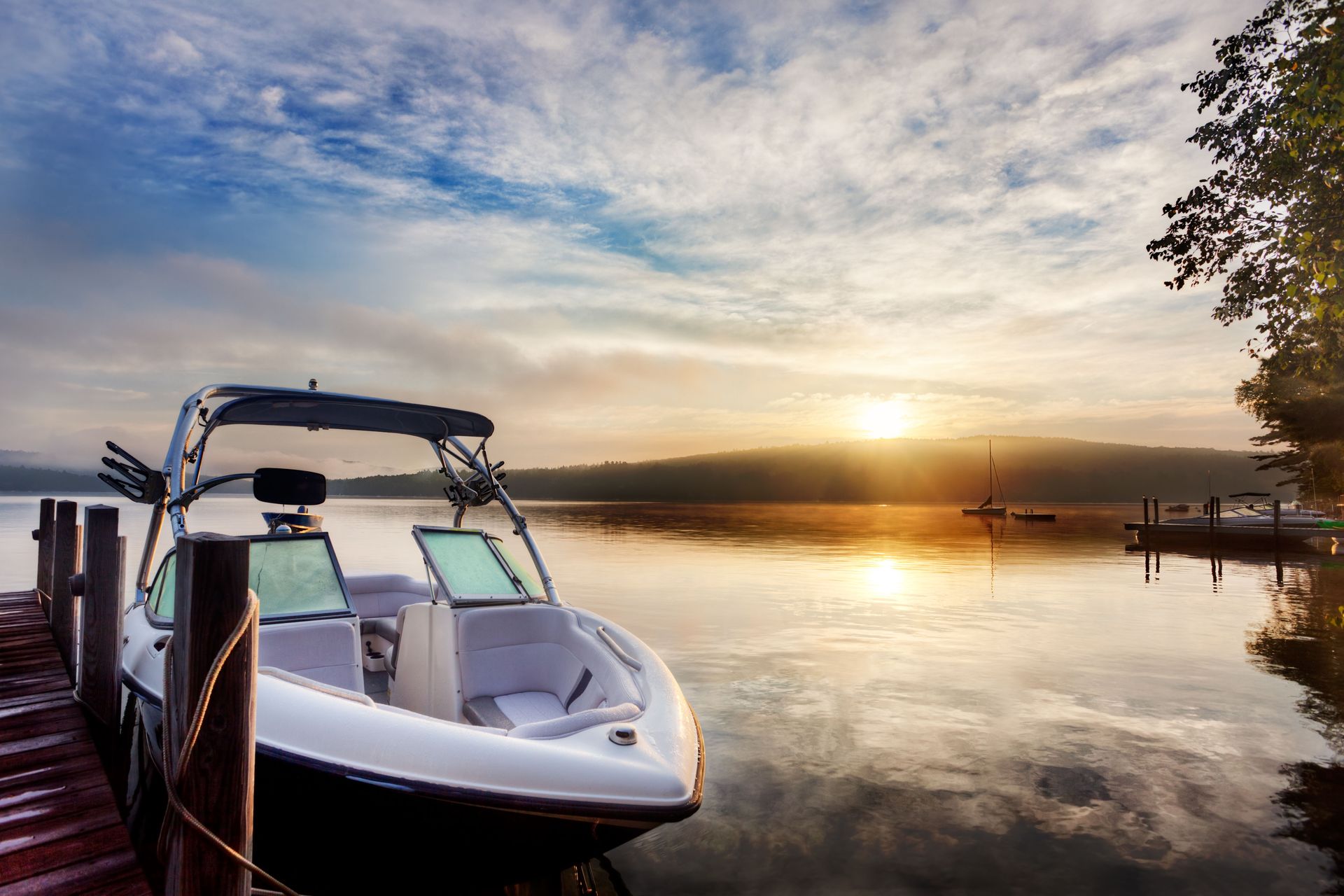
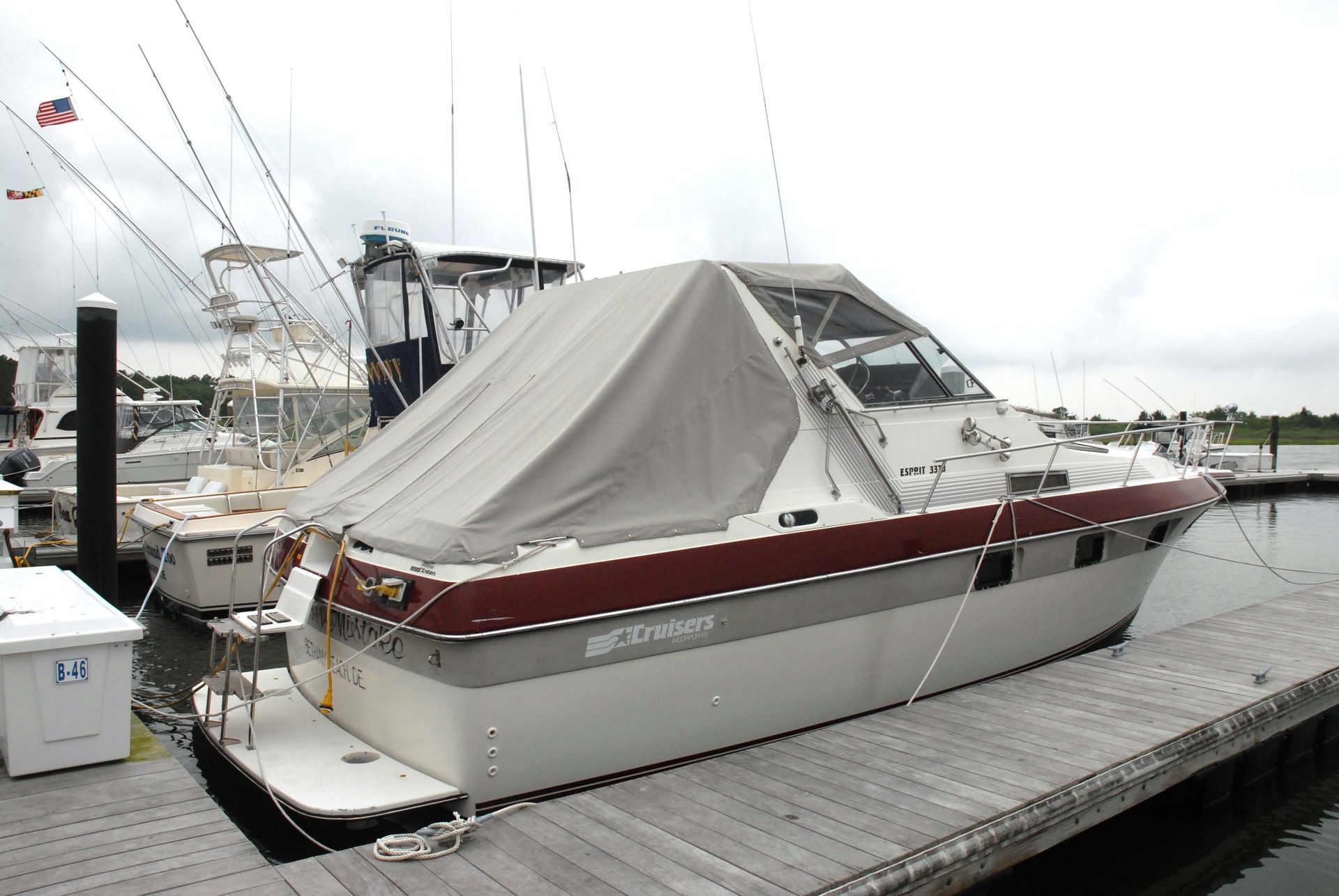

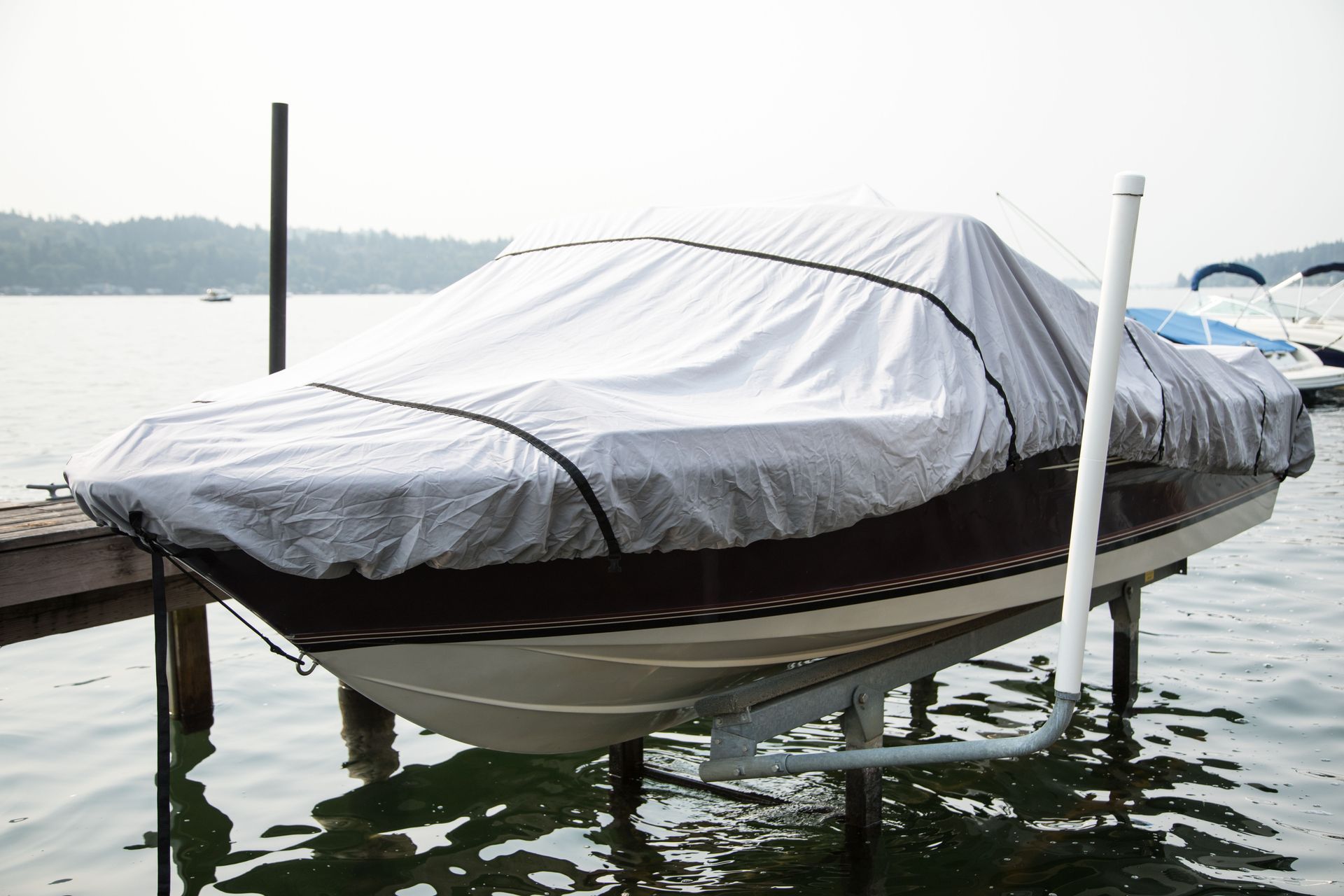

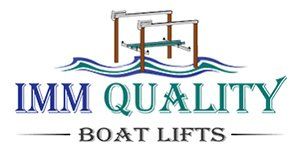
Share On: